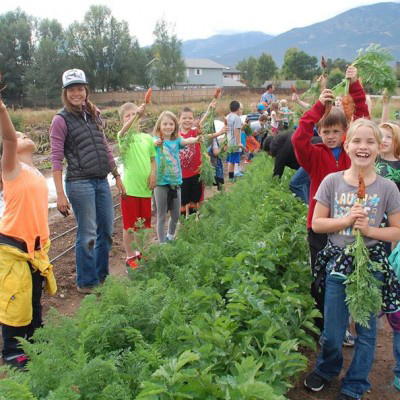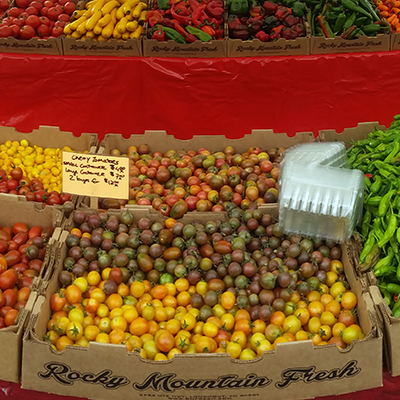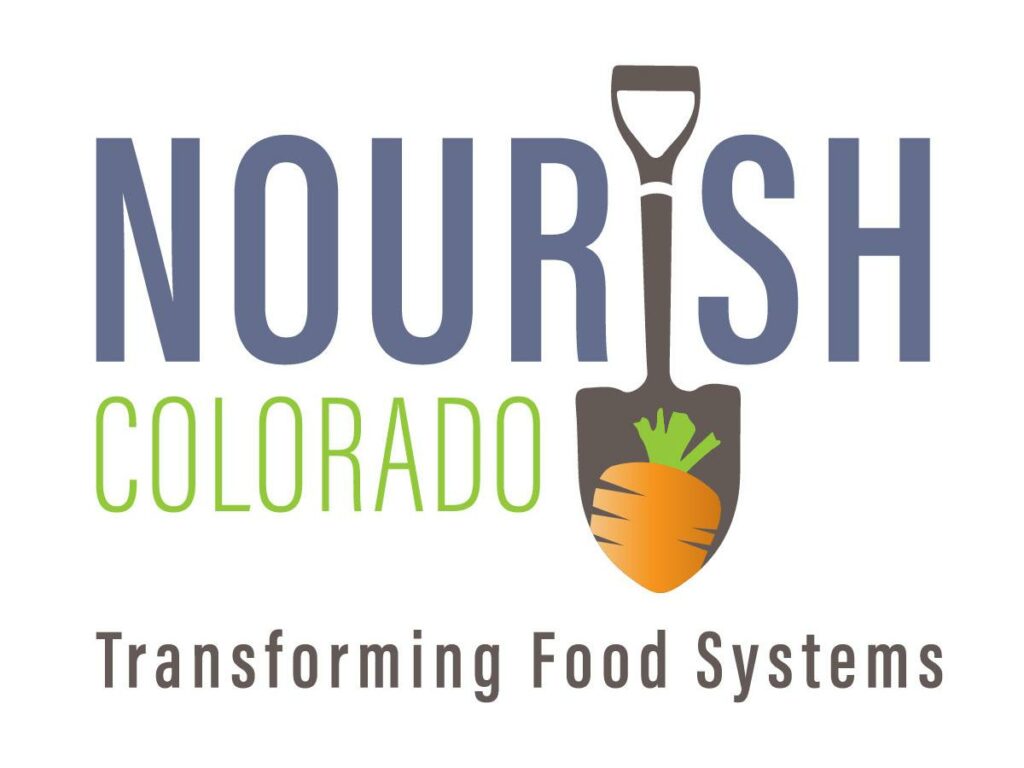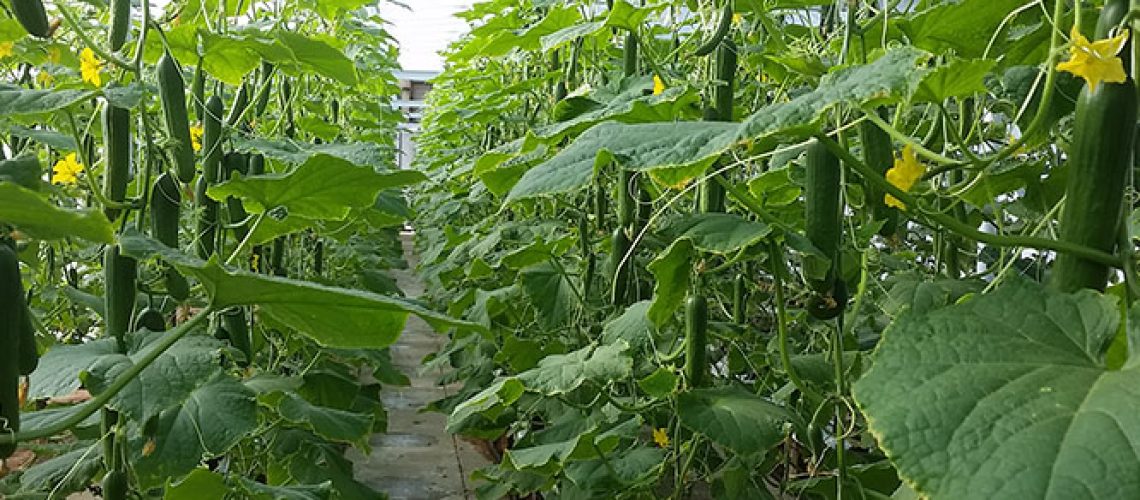Exploring New Frontiers for Healthy Food Access in Colorado
A look at how public institutions can contribute to a more sustainable, equitable food system in our state
 One of LiveWell Colorado’s primary goals is to build a more equitable, sustainable, and health-promoting food environment. Our food systems work focuses on increasing the availability, affordability, and purchasing of healthy food in low-income communities and communities of color, because we believe every Coloradan should have access to the nourishing food they need to be healthy.
One of LiveWell Colorado’s primary goals is to build a more equitable, sustainable, and health-promoting food environment. Our food systems work focuses on increasing the availability, affordability, and purchasing of healthy food in low-income communities and communities of color, because we believe every Coloradan should have access to the nourishing food they need to be healthy.
We are fortunate to live in a state where the healthy, local food movement is flourishing—from growth in farmers markets and food hubs to the formation of statewide food policy networks to increased Farm to School participation to the success of programs like LiveWell’s School Food Initiative and Double Up Food Bucks—food systems work is thriving in Colorado. Yet major challenges, including high rates of food insecurity and low rates of fruit and vegetable consumption, still exist. So where do we go from here?
One trend that is gaining momentum nationally is the shift toward a more holistic, values-driven approach to institutional food procurement—a term that refers to how and where large public institutions like K-12 schools, colleges, universities, and hospitals purchase their food. These “anchor” institutions not only have large-scale purchasing power but are interconnected with the surrounding community in many ways and are able to advance community health and wellbeing beyond their day-to-day programming. “When you think about the millions and millions of dollars that public institutions like schools and hospitals spend on food every year, and the important roles these institutions play in the community, the potential for impact is huge,” says LiveWell’s director of food systems Wendy Peters Moschetti.
 Here in Colorado, we’ve seen such multiple, community-wide benefits through the success of Farm to School programs, which have led to increased fresh fruit and vegetable consumption among Colorado students, as well as the investment of over $17.8 million in local food procurement for Colorado schools. But the benefits of Farm to School extend even further into the community, building connections between producers and consumers, stimulating the local economy, and supporting local farms and other businesses. “Being involved in the Farm to School program with Weld County School District has been very beneficial for our business,” says Jeremy Marsh of Rocky Mountain Fresh in Longmont. “Sales to the school district provide a substantial, steady, and reliable stream of revenue for us—and the schools like it too because they get healthy, high-quality produce that kids are excited to eat because they know where it comes from and feel connected to it,” Marsh says.
Here in Colorado, we’ve seen such multiple, community-wide benefits through the success of Farm to School programs, which have led to increased fresh fruit and vegetable consumption among Colorado students, as well as the investment of over $17.8 million in local food procurement for Colorado schools. But the benefits of Farm to School extend even further into the community, building connections between producers and consumers, stimulating the local economy, and supporting local farms and other businesses. “Being involved in the Farm to School program with Weld County School District has been very beneficial for our business,” says Jeremy Marsh of Rocky Mountain Fresh in Longmont. “Sales to the school district provide a substantial, steady, and reliable stream of revenue for us—and the schools like it too because they get healthy, high-quality produce that kids are excited to eat because they know where it comes from and feel connected to it,” Marsh says.
Many other Colorado institutions such as hospitals, colleges and universities are working on initiatives to benefit the broader community, including efforts to purchase healthier, ethically-produced and locally-sourced food. However, changing major policies and processes is often challenging for large institutions. “We know there’s already a huge demand placed on public institutions and the important services they provide” Moschetti says. “So, we want to work together with institutions and community partners to see if we can find a common framework for food procurement that helps maximize impact for both their target populations and the broader community—without additional strain on their resources.”
One procurement model that has been successful outside of Colorado is the Good Food Purchasing Program, a framework that encourages large institutions to direct their buying power toward five core values: local economies, environmental sustainability, valued workforce, animal welfare, and nutrition. The program also provides a comprehensive set of tools, technical support, and verification systems to assist institutions in meeting their goals. “We’re still in the exploration stage, but there’s reason to believe that with a similar framework of support and commitment to values-based standards like these, Colorado institutions could leverage their large-scale purchasing power to benefit the local community and contribute to a more sustainable, equitable food system overall,” Moschetti says, adding, “This kind of change might be hard and slow, but we believe it’s critical to give this idea a shot.”

